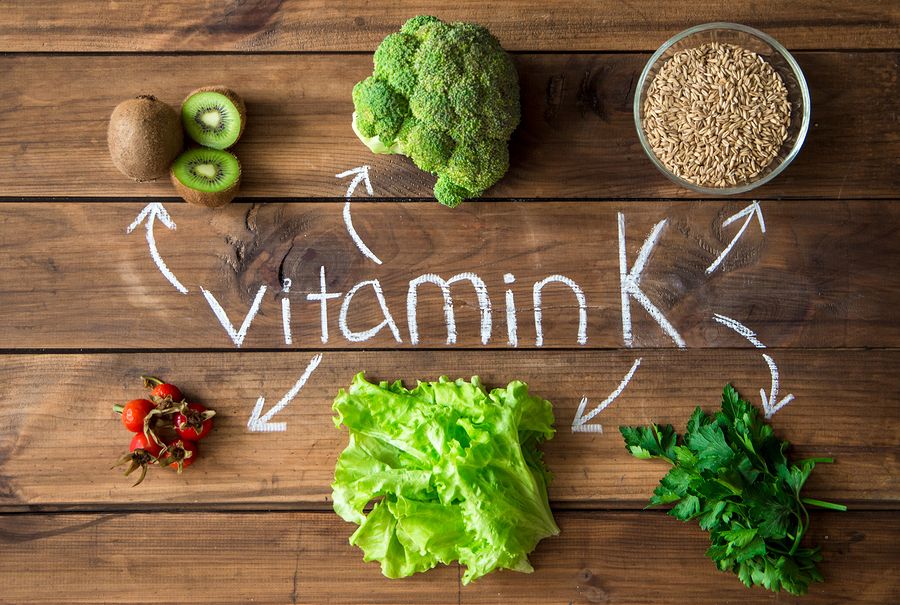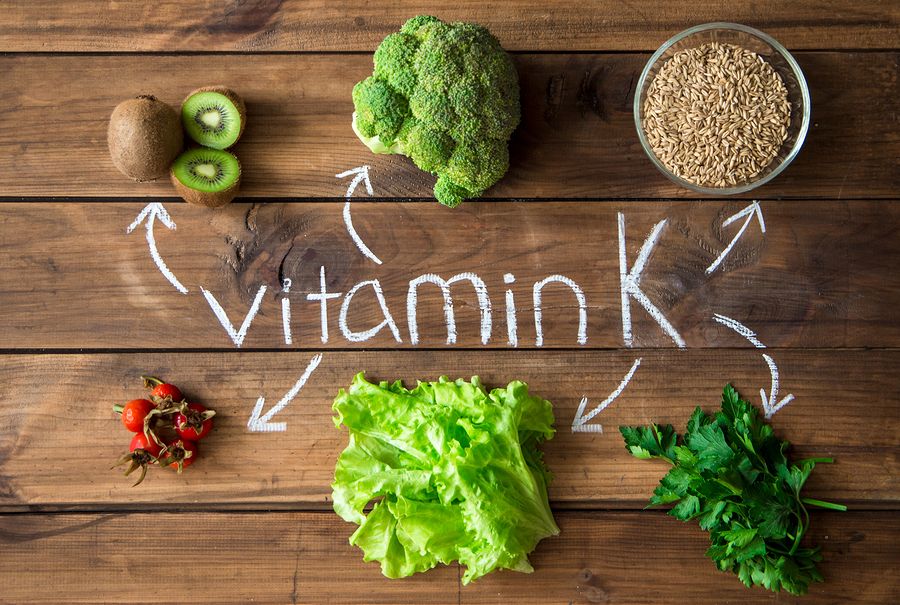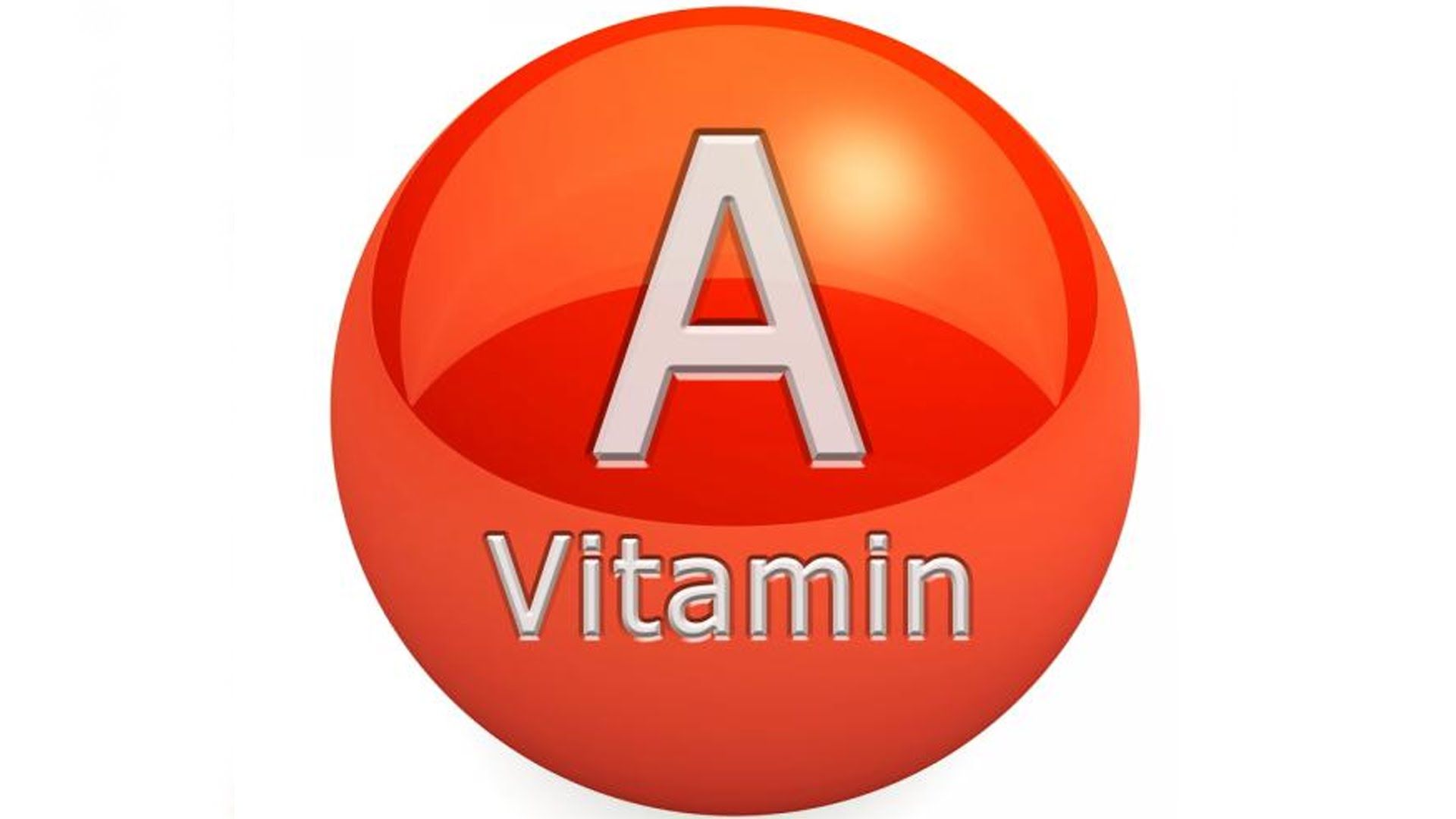Introduction
Vitamin K2, a lesser-known but vital nutrient, plays a crucial role in maintaining optimal health. Often overshadowed by its more popular counterparts like Vitamin D or Vitamin C, Vitamin K2 is gaining recognition for its multifaceted benefits. This comprehensive guide aims to delve into the various aspects of Vitamin K2, exploring its sources, functions, and the manifold advantages it offers for overall well-being.
Understanding Vitamin K2
Vitamin K is a group of fat-soluble vitamins crucial for blood clotting and bone metabolism. While Vitamin K1 is primarily involved in blood clotting, Vitamin K2, also known as menaquinone, has unique properties that set it apart. Unlike other vitamins, Vitamin K2 exists in several forms, with MK-4 and MK-7 being the most researched. MK-7, derived from fermented foods, is particularly noteworthy for its longer half-life in the body.
Sources of Vitamin K2
Obtaining sufficient Vitamin K2 from dietary sources is essential for reaping its benefits. Fermented foods, such as natto (fermented soybeans), are rich in MK-7, while MK-4 is found in animal products like egg yolks, liver, and dairy. Certain cheeses, such as Gouda and Brie, also contain notable amounts of Vitamin K2. Understanding these sources is crucial for individuals seeking to enhance their Vitamin K2 intake.
Cardiovascular Health Benefits
One of the prominent benefits of Vitamin K2 is its positive impact on cardiovascular health. Research suggests that Vitamin K2 plays a pivotal role in preventing arterial calcification, a process linked to atherosclerosis and cardiovascular diseases. By ensuring that calcium is directed towards bones and teeth rather than accumulating in arteries, Vitamin K2 supports arterial flexibility and reduces the risk of heart-related issues.
Bone Health and Osteoporosis Prevention
Vitamin K2’s influence extends beyond cardiovascular health to bone metabolism. It works synergistically with Vitamin D and calcium to regulate bone mineralization. By activating proteins that facilitate proper calcium distribution, Vitamin K2 contributes to maintaining strong and healthy bones. This is particularly crucial in preventing osteoporosis, a condition characterized by brittle and fragile bones. Ensuring an adequate intake of Vitamin K2 is essential for individuals aiming to optimize their bone density.
Cancer Prevention Potential
Emerging research suggests a potential link between Vitamin K2 and cancer prevention. Some studies indicate that Vitamin K2 may have anti-cancer properties, particularly in reducing the risk of certain types of cancer, such as prostate and liver cancer. The exact mechanisms behind this potential protective effect are still under investigation, but the findings highlight Vitamin K2’s multifaceted role in maintaining overall health.
Diabetes Management
Vitamin K2 has also been associated with improved insulin sensitivity and glucose metabolism, making it relevant in the context of diabetes management. Research indicates that adequate levels of Vitamin K2 may contribute to a reduced risk of developing type 2 diabetes. Understanding the interplay between Vitamin K2 and insulin regulation provides valuable insights into potential preventive measures for diabetes.
Anti-Inflammatory Properties
Chronic inflammation is a common denominator in various health conditions, ranging from cardiovascular diseases to autoimmune disorders. Vitamin K2 has demonstrated anti-inflammatory properties, potentially contributing to the mitigation of inflammatory responses in the body. While more research is needed to fully understand the extent of these effects, the anti-inflammatory potential of Vitamin K2 adds another layer to its overall health benefits.
Brain Health and Cognitive Function
The influence of Vitamin K2 extends to the realm of brain health and cognitive function. Some studies suggest a correlation between Vitamin K2 deficiency and an increased risk of neurodegenerative diseases, such as Alzheimer’s. The exact mechanisms through which Vitamin K2 may protect brain health are still being explored, but the preliminary findings emphasize its potential role in supporting cognitive function.
Optimizing Vitamin K2 Absorption
Understanding how to maximize the absorption of Vitamin K2 is crucial for harnessing its benefits fully. Since Vitamin K2 is fat-soluble, consuming it alongside dietary fat enhances absorption. Additionally, incorporating sources of Vitamin K2 into a well-balanced diet that includes other essential nutrients like Vitamin D and calcium ensures a synergistic effect for overall health.
Potential Risks and Considerations
While Vitamin K2 offers numerous health benefits, it is essential to be mindful of potential risks and considerations. Individuals taking blood-thinning medications or those with certain medical conditions should consult healthcare professionals before supplementing with Vitamin K2, as it plays a role in blood clotting. Striking a balance and obtaining nutrients from a varied diet remains key to ensuring optimal health.
Conclusion
In conclusion, the comprehensive benefits of Vitamin K2 underscore its significance in promoting overall health and well-being. From cardiovascular and bone health to potential cancer prevention and anti-inflammatory properties, Vitamin K2 plays a multifaceted role in maintaining various bodily functions. As awareness grows, incorporating Vitamin K2-rich foods into one’s diet and understanding its interplay with other nutrients becomes crucial for individuals seeking to optimize their health. As we celebrate the one-year mark of this guide, let it serve as a resource for those on a journey towards better health through the understanding and appreciation of Vitamin K2.
- A Comprehensive Guide to the Benefits of Burdock Supplements - December 14, 2023
- A Comprehensive Guide to the Benefits of Burdock Supplements - December 14, 2023
- A Comprehensive Guide to the Benefits of Boneset Supplements - December 14, 2023





